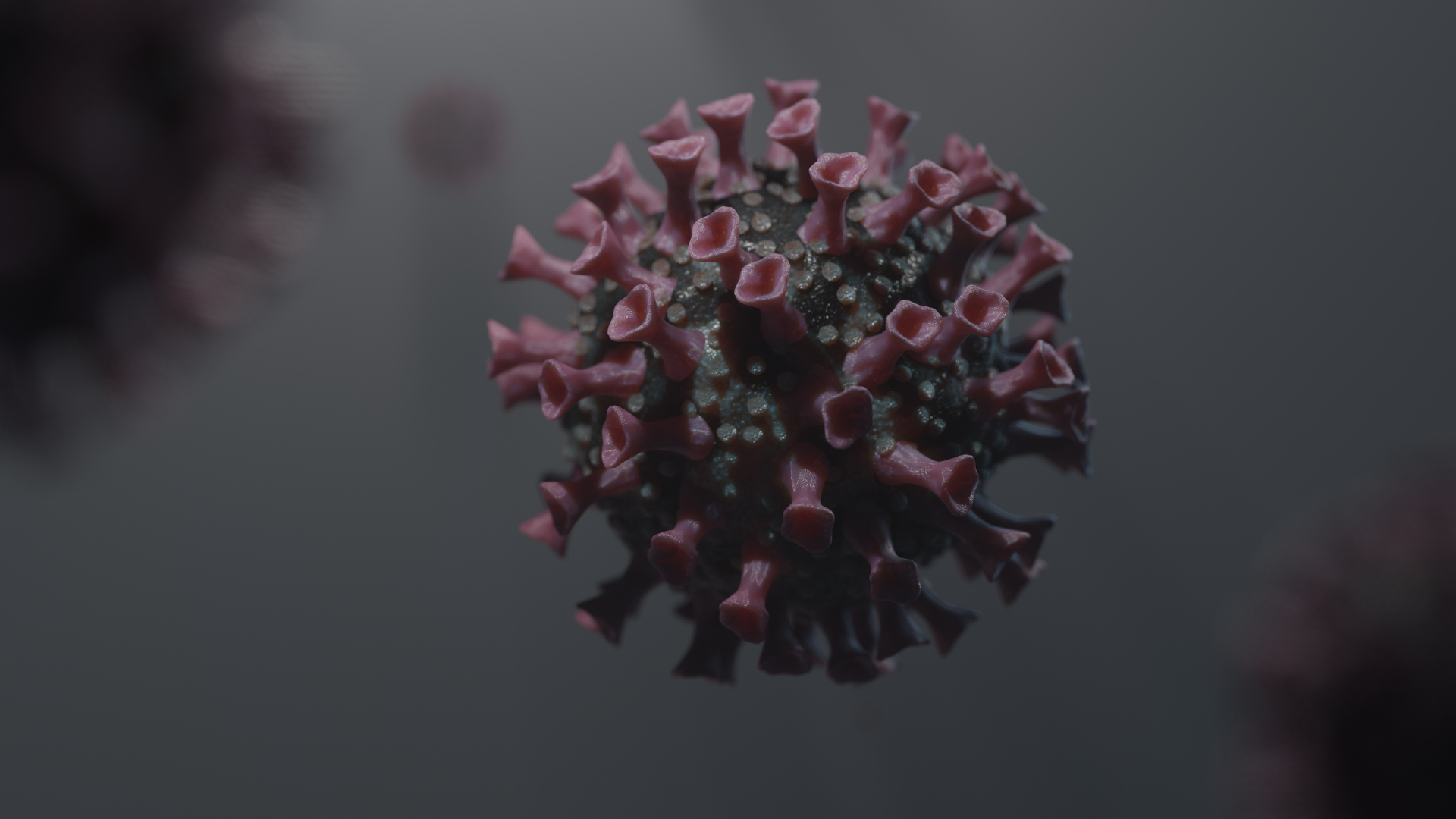Polycystic Ovarian Syndrome, also known as PCOS and the most prevalent endocrine disorder, affects many women across the world, in fact, it has been found that over 100 million women suffer from this syndrome.
As time has gone on, more research has been done on Polycystic Ovarian Syndrome to see if it is part of the group of autoimmune diseases and if it is in fact an autoimmune disorder.
In today’s article, we will look at PCOS and autoimmune diseases to see if there is a link and what autoimmune disorders are, and how the immune system is affected.
If you suspect that you have polycystic ovary syndrome and have been having PCOS symptoms or you think you may have an autoimmune disease, then you will need to speak to your doctor about going for the necessary tests to be diagnosed and treated.
Without further ado, read on so you can find out the answer to the question – “is PCOS an autoimmune disease?”

What is Polycystic Ovarian Syndrome?
PCOS is a hormonal disorder that affects women of reproductive age. There are markers to look out for when dealing with diagnosing PCOS, these are –
- High levels of male hormones – DHEA, DHEA-S, and DHT
- Irregular periods
- Enlarged Ovaries
If you have two of these, it is best to flag this up to your doctor so they can scan you as well as do a hormonal blood test to see if you may have PCOS. Patients with PCOS may have to undergo various treatments depending on their individual conditions, including undergoing hormone therapy in Cypress, TX, or elsewhere and medications to manage insulin resistance. It’s always best to consult a medical professional on what treatment one should take depending on their symptoms and severity of the illness.

Symptoms of PCOS
Before you or your doctor suspects that you have polycystic ovaries, you need to let them know of any differences you have noticed with your body so they can properly assess you. If you have –
- Infrequent periods
- Infertility
- Acne
- Alopecia
- Excessive hair growth
- Obesity
Then they will test you to see if PCOS is present within your system. For many, a diagnosis is closely tied to navigating PCOS fertility issues, which can add another layer of emotional and physical complexity to the journey. Knowing that you have polycystic ovarian syndrome can be upsetting to deal with, and you may not know what to do, but with the right treatment and support, you and other women with PCOS can live full lives dealing with this syndrome.
What is PCOS Associated With?
There are other issues that PCOS is linked to that are important to know about, for instance, metabolic syndrome, type 2 diabetes, and hypertension can lead to cardiovascular diseases, so women with PCOS will need to have the relevant tests done to see if there are any links.

What are Autoimmune Diseases?
Now onto what autoimmune diseases are and how they affect the body. There are a number of autoimmune disorders out there like autoimmune thyroid disease, rheumatoid arthritis, and systemic lupus erythematosus which presents insulin resistance in the body, and has been known to be a risk factor for someone to develop PCOS.
Websites such as healthmatch.io have detailed research into this area if you would like to learn more.

Two Types of Immunity
- Innate Immunity – presents itself when you are born
- Acquired Immunity – learned when your body comes into contact with foreign bodies
The latter will help your body defend your immune system from these dangers so you do not become sick. After this is done, your body will be able to recognize if they come back and will know what to do to prevent you from getting ill again.
When you develop an autoimmune disease, it is because that acquired immunity that is supposed to work for you, will look at the normal tissue inside your body and start attacking it thinking that it is attacking you.
It can lead to a number of health issues in your body that your immune system cannot fight.

Symptoms of Autoimmune Diseases
- Inflammation within the body, and outside it
- Thyroid dysfunction
- Fatigue and muscle aches
- Weight gain
- Aches and pains in the joints
An autoimmune disease will not stick to just one area, it has the potential to cause issues elsewhere in the body.
The fact that autoimmune disease occurs when the body’s immune system decides to attack itself can be hard for people to come to terms with, as they are expecting their bodies to work with them, not against them, so it can be a huge shock.

What Are the Similarities Between PCOS and Autoimmune Diseases?
Just like PCOS, the exact cause of why people get an autoimmune disease/autoimmune disorder is not actually known.
But, if the person in question, whether they have an autoimmune disease or PCOS, eats an unhealthy diet filled with fats and sugars, as well as dealing with high stress and not enough rest, then it looks like it may contribute to them getting a disorder/disease.
Autoantibodies
Both PCOS and autoimmune diseases have autoantibodies that will target the tissue inside the body and start attacking it. But, even healthy people have autoantibodies, and they get more prominent as people age, so they are not really used as an actual marker to diagnose autoimmune diseases.

Insulin Resistance
As previously mentioned insulin resistance is noted in potentially developing PCOS in people and it is also linked to other autoimmune diseases. Insulin helps regulate blood sugar, so when insulin resistance comes along cells stop responding and the sugar in the bloodstream is not able to be converted into energy.
So What Does This Mean For PCOS?
Despite this connection, it is not really understood why women with PCOS get insulin resistance, but it could be to do with an autoimmune reaction. Whilst this sounds like PCOS is an autoimmune disease, it more than likely means that it is part of a cycle rather than a direct connection.

Hormonal Imbalances
PCOS patients will have higher levels of male hormones inside them when they are in the womb which can lead to PCOS later on when they are of an age to reproduce.
Autoimmune diseases also deal with hormone imbalances, however, it is not completely connected as each disease and autoimmune disorder will depend on each condition.
Whilst we know PCOS comes from an excess of androgens, autoimmune diseases will come from a variety of areas.
Chronic Inflammation
Both PCOS and autoimmune diseases have been linked to the inflammatory response within the body and they link back to the hormone issues that have previously been spoken about, however, only some evidence has shown up for autoimmune diseases so that is not an absolute cut-and-dry connection.

Is PCOS an autoimmune disease?
After reading this you probably do think that it is classed as an autoimmune disease, however it is not, at the time of publishing, placed with autoimmune diseases.
It is, in fact, classed as an endocrine disorder.
Despite similar markers and connections that seem to run parallel to each other, it is not seen as an autoimmune disease, although, that doesn’t mean it will not change, and with more research and test studies, medical professionals will be able to understand it further and make a definitive decision if it calls for it.

Conclusion
Hopefully, this article has been able to shed some light on what PCOS is as well as what an autoimmune disease is so you can better understand both.
If you do suffer from one of them, or perhaps you are unlucky and you suffer from both, you will need to seek treatment as leaving it alone can cause more issues and make you very ill.
Dealing with polycystic ovary syndrome or an autoimmune disease is not going to be a walk in the park, but with the right support and attention, you will be able to lead a functional life.


Leave a Reply